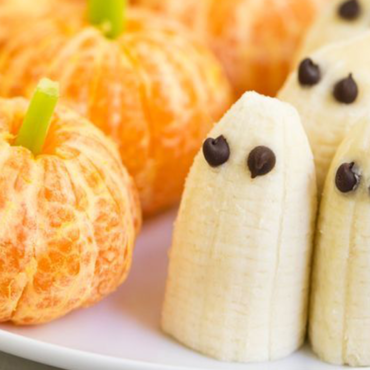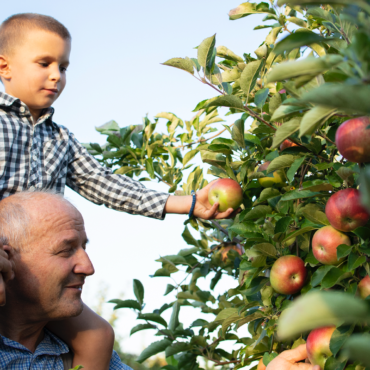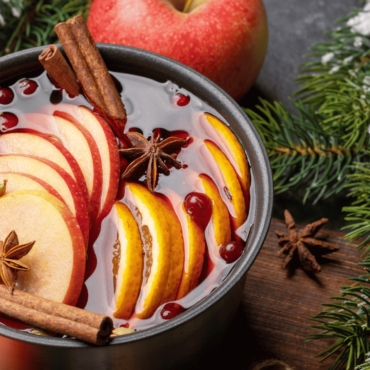Blog & News
Food waste
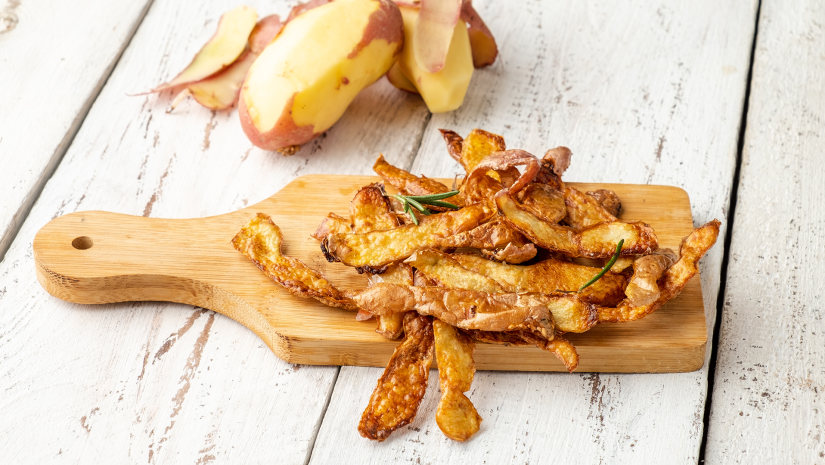
It’s said that we should finish our food in its entirety to reduce the amount of waste that goes in our compost. We often end up throwing away perfectly good parts of foods like broccoli stalks, carrot tops, squash seeds, and apple or potato peels. If we do end up using them, this question tends to come up: should we be concerned about the pesticides left behind on the peels?
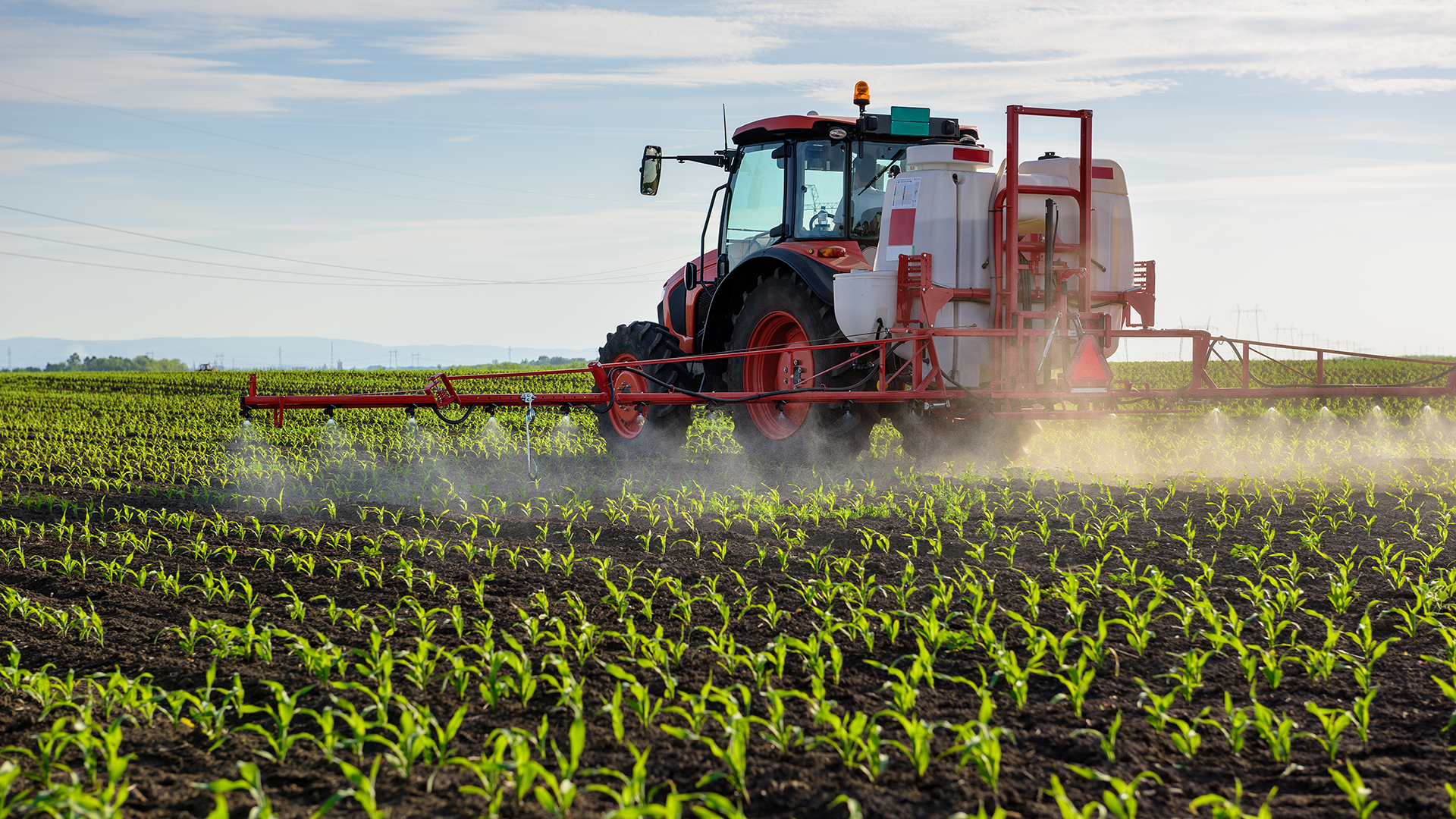
Pesticides in our food
Currently, it’s very hard to get a full view of the effects of pesticides on consumer health. Yes, we know that these substances are bad for humans, but from what amount? That’s not as clear! One thing’s for sure: people who eat a lot of fruits and vegetables, whether they contain pesticides or not, are healthier overall than those who eat fewer. Perfect score for our precious fruits and vegetables, organic or not!
When it comes to pesticides and peels, according to a MAPAQ report (2019), 75% of fresh fruits and vegetables in Quebec contain pesticide residues, 5% of which exceed the Canadian legal standards. A significant portion of pesticides are indeed found on the outside of food, like on the peel, but don’t forget that there’s also some inside our produce.
Tips for reducing pesticides
If you’re already a zero-waste ambassador, you may be using your fruit and vegetable peels to make delicious broth, potato skin chips or marmalade. If you only use the peels for a recipe, it’s true that the concentration of pesticides within it will be high. Here are my best tips to lower the amount.
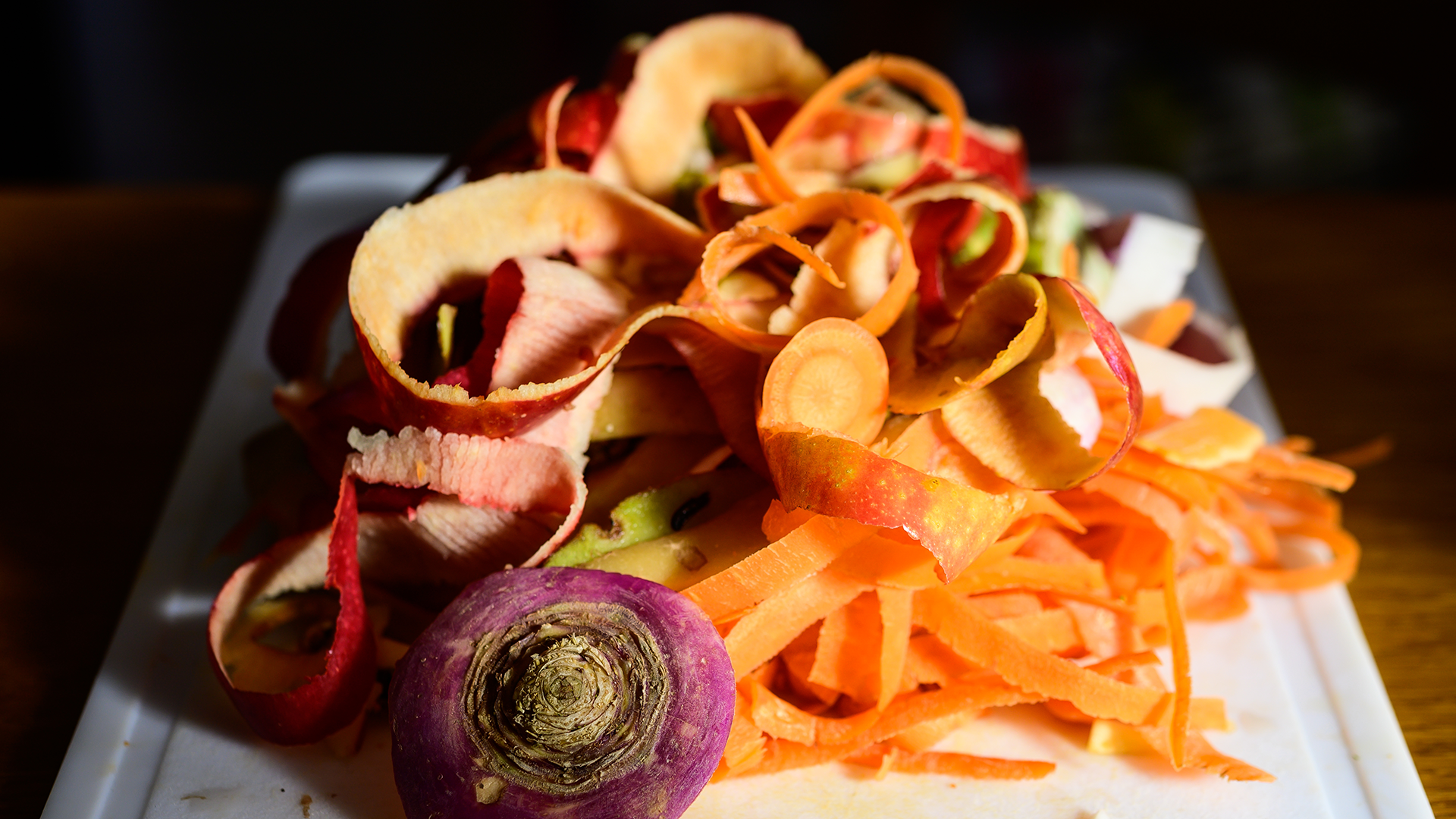
-
WASH YOUR FOOD
A good old-fashioned brush and water will remove a lot of the pesticides. Several products are available on the market, but there’s no evidence that they work. The same goes for vinegar and baking soda. But if it’s reassuring to you, there’s no harm in doing it!
-
CHOOSE THE ONES WITH FEWER
Foods containing the least amount of pesticides are, of course…organic! However, traces of pesticides can still be found, so they should be washed. Since it’s unrealistic for everyone to eat 100% organic, you can use the Environmental Working Group’s (EWG) “dirty dozen” and “clean fifteen” lists. Each year, this group studies the presence of pesticides on fruits and vegetables in the United States. Unfortunately, we don’t have a local equivalent in Quebec, but maybe someday!
You can therefore prioritize foods that contain little or no pesticides such as mushrooms, asparagus and broccoli and avoid cooking the peels of pears, apples and citrus fruits from conventional agriculture.
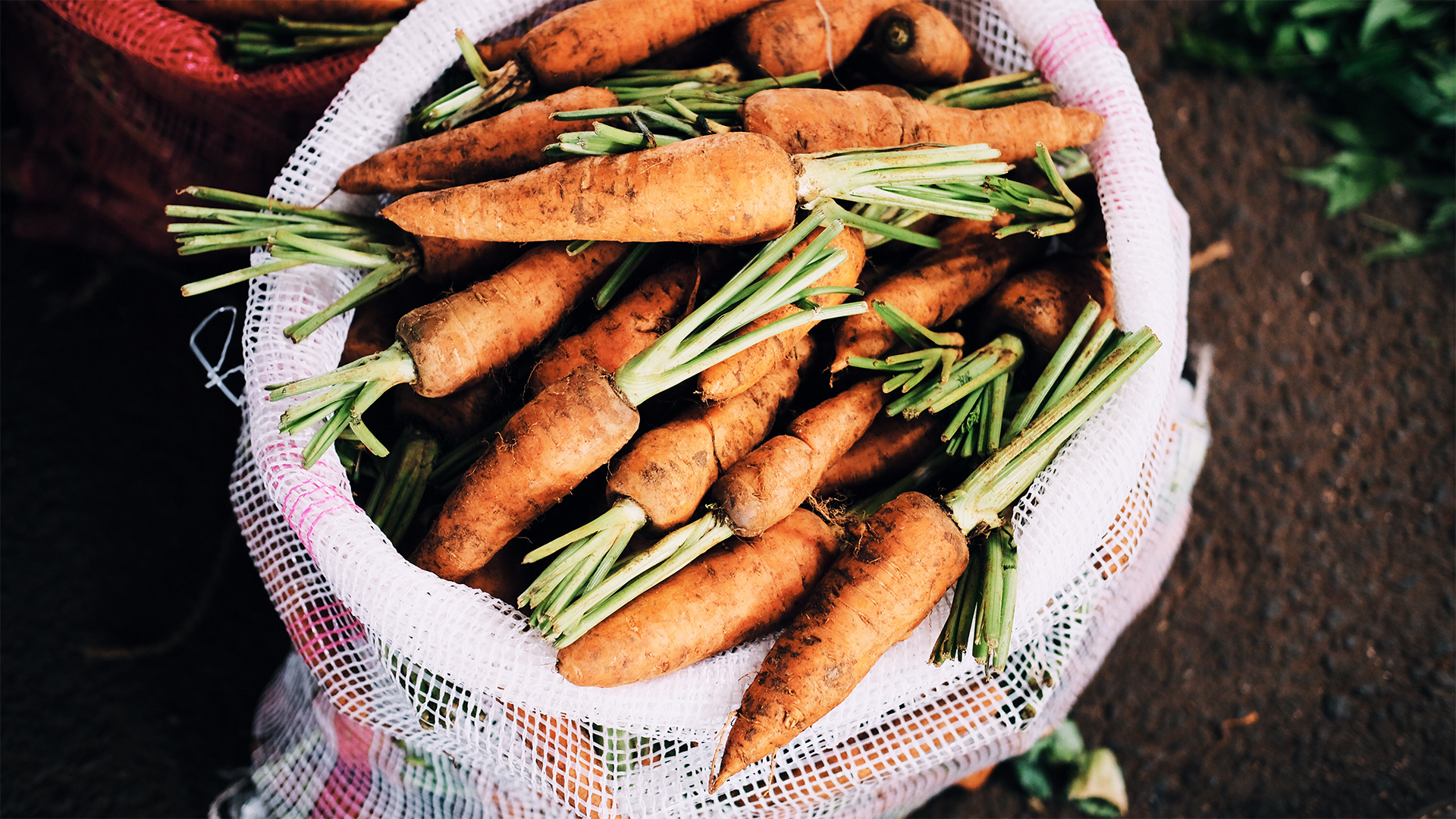
-
EAT MORE LOCAL
In general, food that’s produced in Canada, locally, even if it’s conventionally grown, contains fewer pesticides than its foreign counterparts that are shipped to us. Knowing all the other advantages of local agriculture, why deprive yourself?
So, do I or don’t I make this peelings broth?
Personally, I have no problem eating the tasty and nutritious peels of foods, but I do have to be careful. The benefits of eating fruits and vegetables, as well as the reduction of food waste, lead me to encourage you to explore the world of peels. Prioritize organic, “clean fifteen” and local foods to keep your conscience clear and reinvent your other skins and peels into household products rather than for your own consumption!
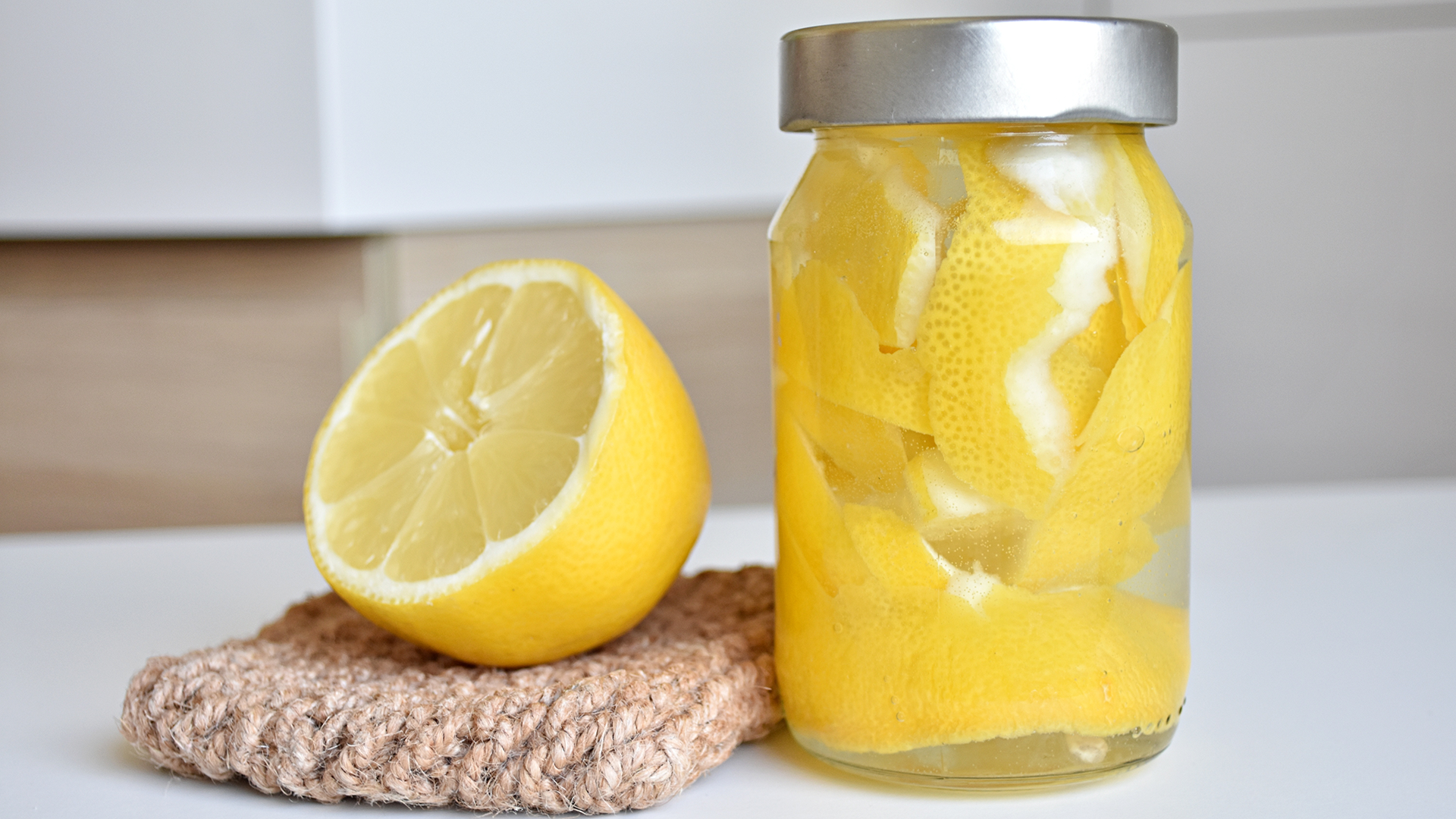
So let your creativity soar and use food to its fullest potential and don’t forget to share your best zero-waste tips and recipes, edible or not, with those around you and within the anti-waste community!

Experte de la lutte contre le gaspillage alimentaire
Elisabeth Paradis
Passionnée de bouffe, Elisabeth aime utiliser l'alimentation comme façon de connecter avec les gens. Pour elle, manger est lié au plaisir et au partage, mais aussi à ses valeurs environnementales. Si elle n'est pas dans sa cuisine, vous la retrouverez dans son jardin, sur son vélo, ou en train d'être la fan numéro 1 de ses chats Dumpling et Kimchi.
View all posts...Related posts :
Contact us
Earth Day Canada
5818, boulevard Saint-Laurent
Montréal (Québec) H2T 1T3 Canada
Phone : (514) 728-0116
Toll free : 1 800 424-8758
Fax : (514) 303-0248
Email: hello@earthday.ca
2026 © Earth Day Canada. All rights reserved.
Privacy policy · Terms of use · Trademark
